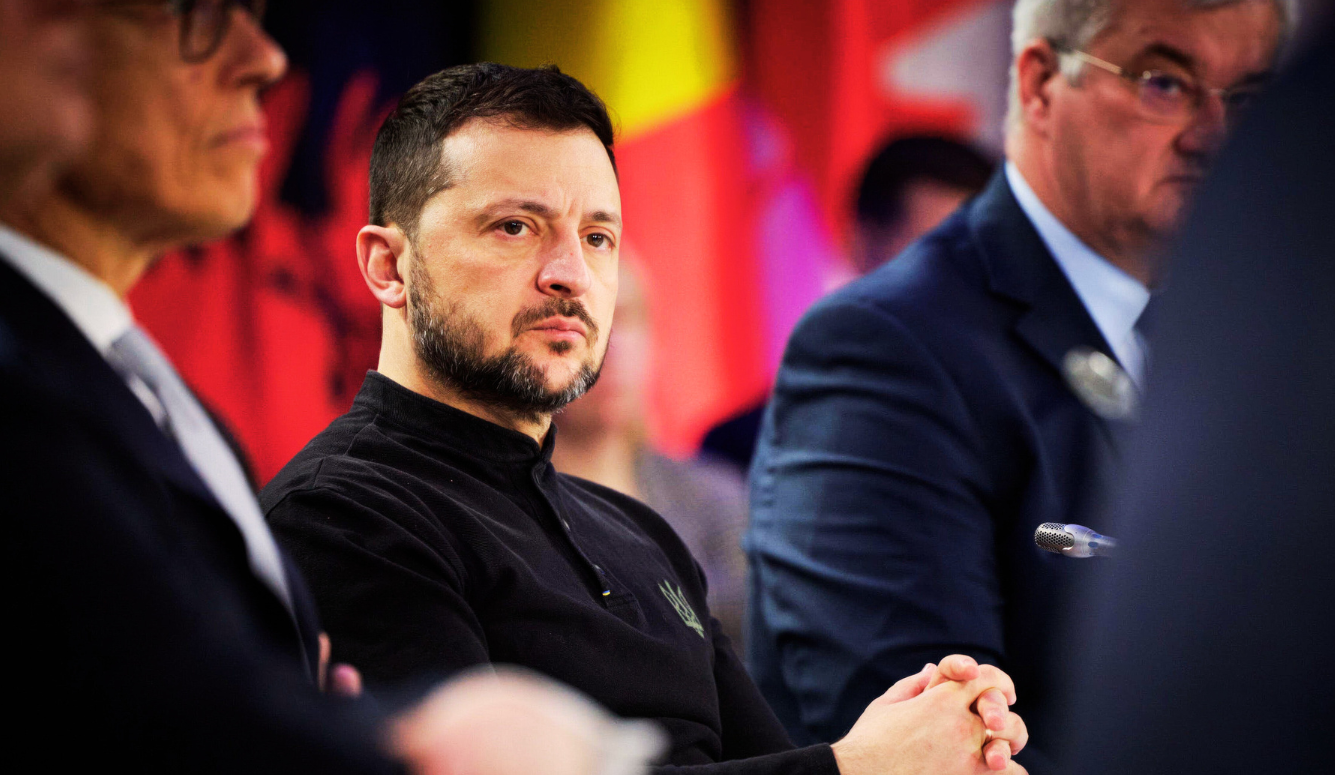Politics
Ukraine’s Terrible Choice
After three punishing years of war, the Trump administration is preparing to reduce a ravaged country to the status of US protectorate.

In his keynote speech at the Munich Security Conference in mid-February, US Vice President J.D. Vance argued that European illiberalism (at least, the kind directed at conservatives) is a more pressing issue than the threat posed to the continent by Russia. That order of priorities could hardly be more wrong. After all, at this year’s meeting—the most consequential since the annual symposium was inaugurated in 1963—the very survival of Ukraine as a sovereign state was hanging in the balance. As attendees listened to Vance scold and lecture them, they waited in vain for an acknowledgement of our moment’s grave geopolitical challenges and Ukraine’s growing peril. So badly did Vance misjudge the occasion that his speech was widely dismissed as irrelevant.
Conference chairman Christoph Heusgen found Vance’s remarks so upsetting that he burst into tears during his closing speech as he observed that the US and Europe may no longer share the same values (a display that will have done little to reassure Americans sceptical of European fortitude). The following week, Friedrich Merz, leader of Germany’s CDU/CSU party, expressed the same sentiments as Heusgen, but without the tears. During a televised roundtable discussion—broadcast after exit polls indicated that his party had come first in Sunday’s national elections but before he was officially named German chancellor—Merz pronounced the transatlantic alliance dead. Europe, he warned, could no longer rely upon the protection of the United States:
My absolute priority will be to strengthen Europe as quickly as possible so that, step by step, we can really achieve independence from the USA. I would never have believed that I would have to say something like that on television. But at the very least, after Donald Trump’s statements last week, it is clear that the Americans—at least, this part of the Americans in this administration—are largely indifferent to the fate of Europe.
The Trump administration had spent the weeks before the German election doing what it could to accelerate a rightward and pro-Russian shift already evident in European politics. During his visit to Germany, the US vice president declined to meet Germany’s then-chancellor Olaf Scholz, but he did find time to sit down with Alice Weidel, leader of the country’s Putin-sympathetic far-right opposition party, Alternativ für Deutschland (AfD). There can be “no room for firewalls,” Vance instructed the Munich conference, a reference to the political taboo against speaking to radical populists like Weidel. Senior Donald Trump advisor Elon Musk, meanwhile, has been using his platform at X and his public appearances to urge German voters to support the AfD if they want to save their country.
Only AfD can save Germany https://t.co/itNn86RDGF
— Elon Musk (@elonmusk) February 21, 2025
“Europe faces many challenges,” Vance told Munich attendees the previous week, “but the crisis this continent faces right now, the crisis I believe we all face together, is one of your own making. If you’re running in fear of your own voters, there is nothing America can do for you, nor for that matter is there anything that you can do for the American people who elected me and elected President Trump.” On Sunday night, the vote share of Sholz’s Social Democratic Party slumped to just over sixteen percent against the CDU/CSU’s 28.6 percent. The AfD surged into second place with 20.8 percent. The AfD will not be allowed into government, but it will now be the official opposition in the German Bundestag.





